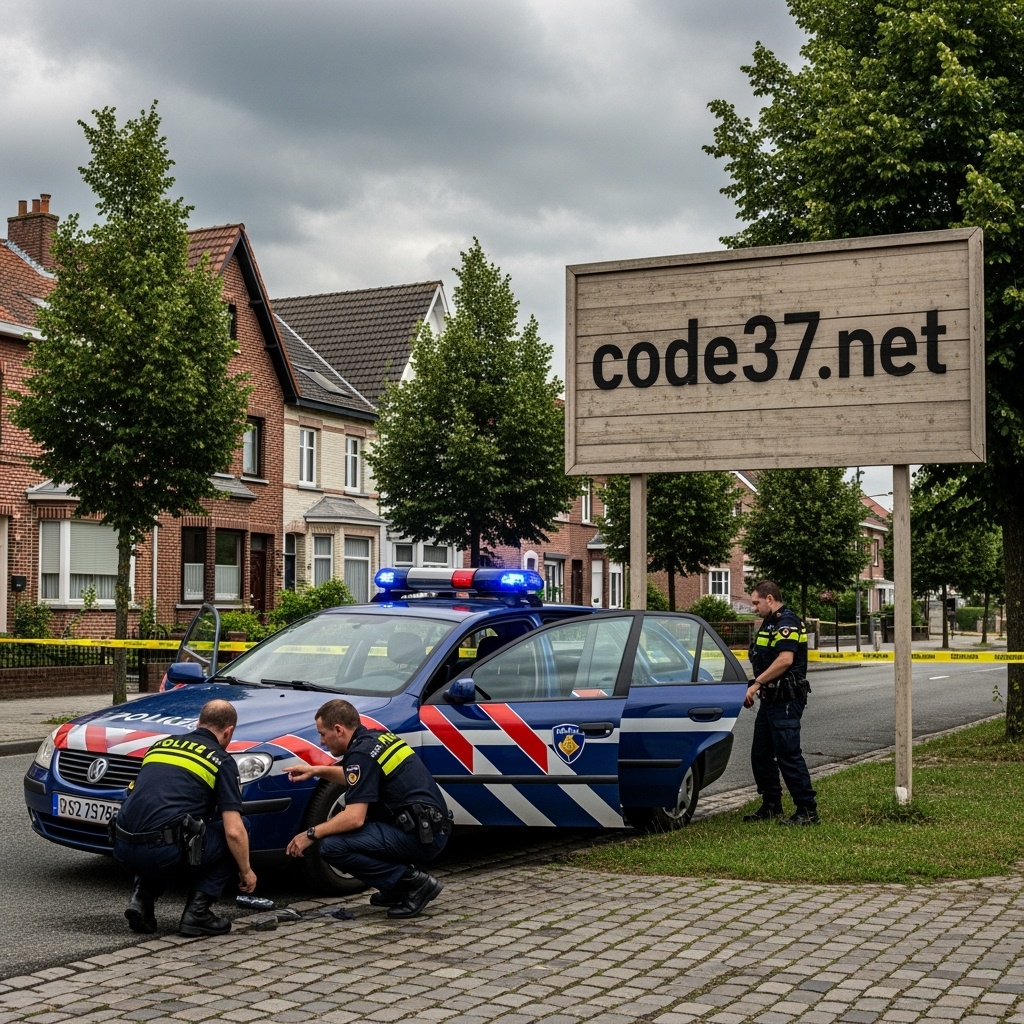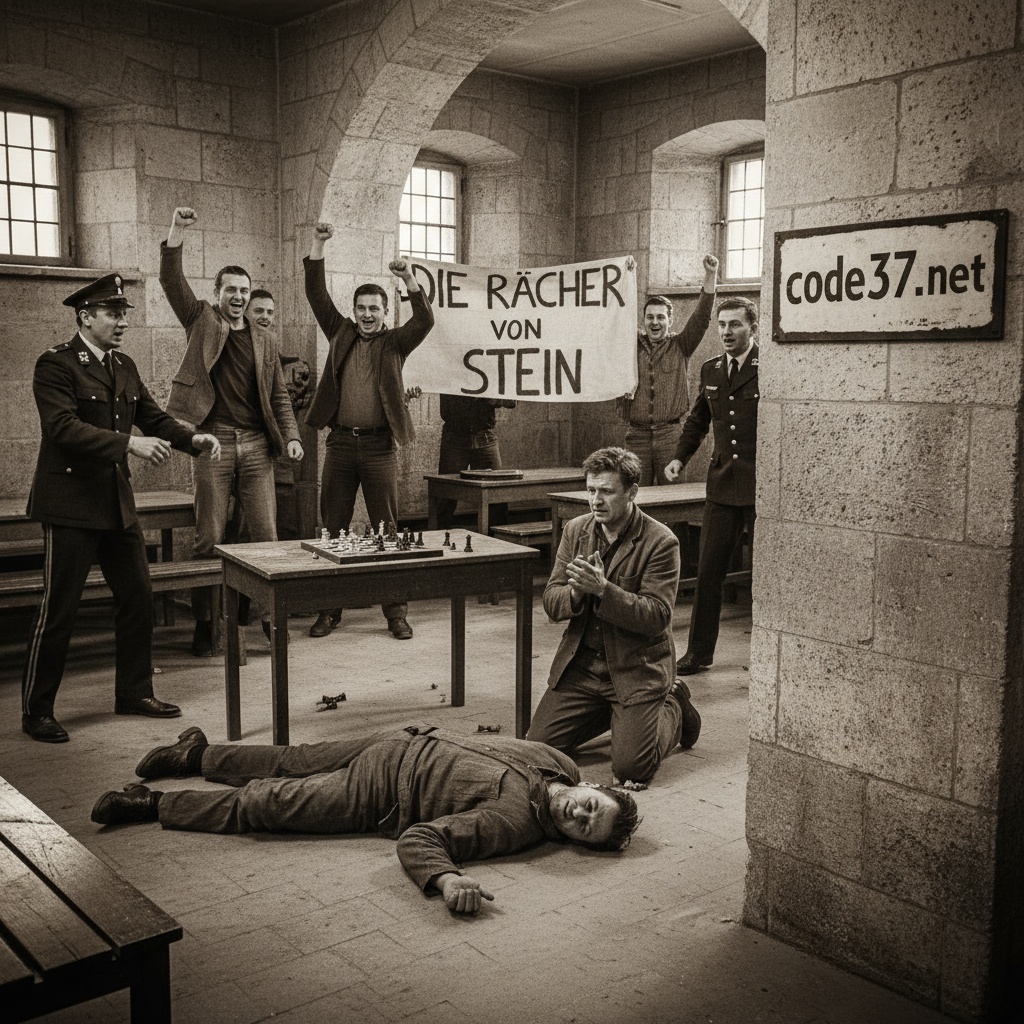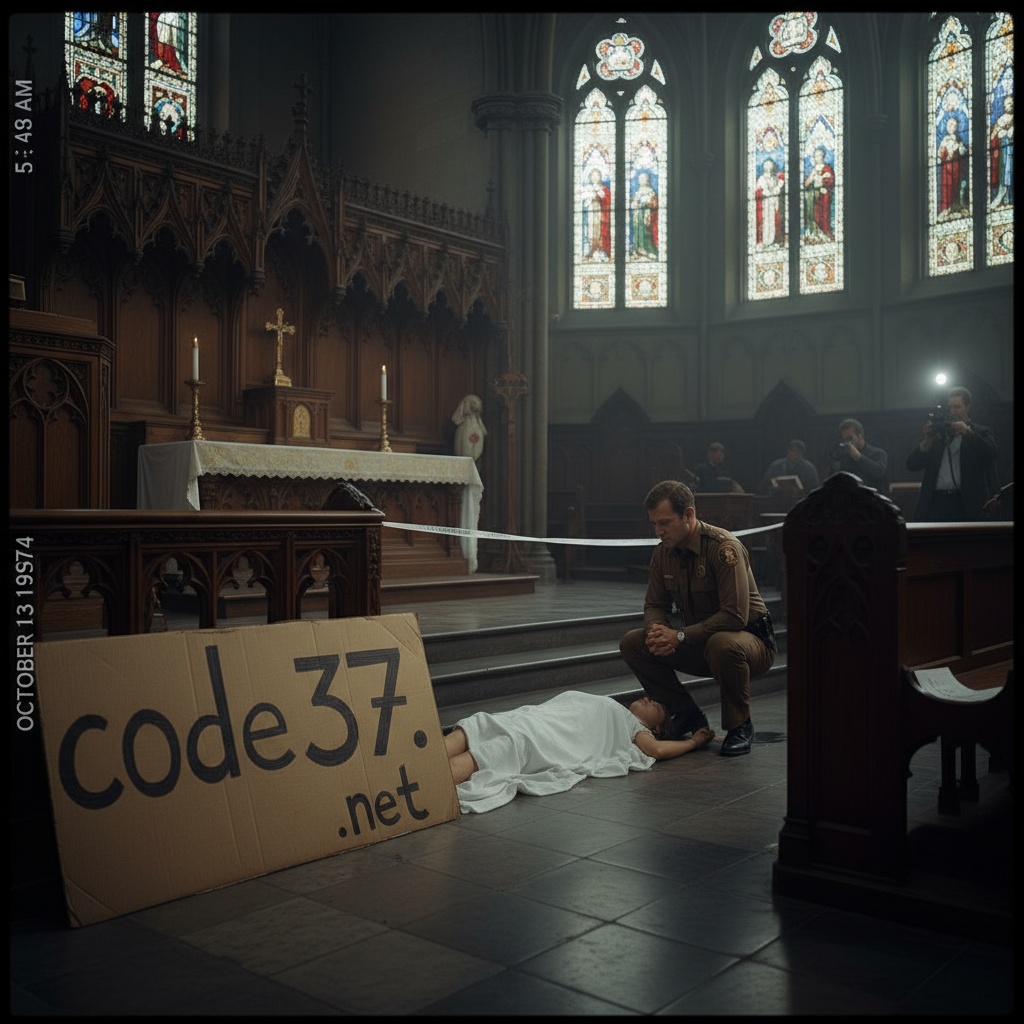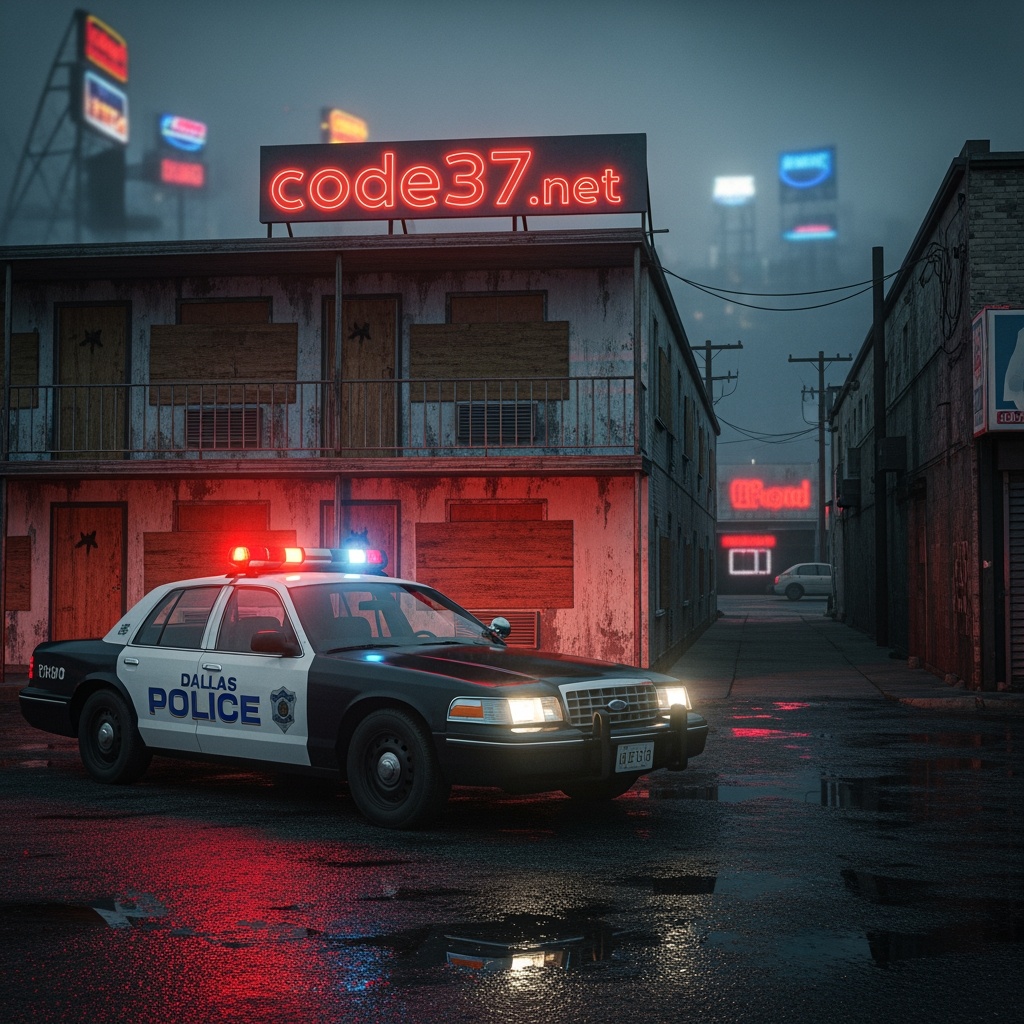
July 7, 1997, is a date that has gone down in Belgian criminal history. On this day, driven by anger and jealousy, Remy Lecrenier committed a brutal series of murders in the small village of Bas-Oha near Liège. The events of that day and the developments that followed shook the country and left a deep mark. Remy Lecrenier was born in 1968 and was 29 years old at the time of the murders. He was a passionate gun enthusiast and karate expert, which made him a potentially dangerous individual. Lecrenier, who was unemployed and liked to pursue other women, lived with his 23-year-old girlfriend Vinciane Tellier and her family in a house in Bas-Oha, an idyllic village about 50 miles from Brussels. On the morning of July 7, 1997, Lecrenier was supposed to pack his bags because Vinciane had ended the relationship and met another man. This sparked an uncontrollable rage in him, which ultimately ended in a horrific massacre. Lecrenier couldn’t bear the thought of Vinciane being with someone else and decided to punish her and her family. Lecrenier began his murderous rampage early in the morning. His first attack was on Laurence, Vinciane’s 19-year-old younger sister. He shot her with his Colt .45, seriously injuring her. But that wasn’t enough: while she lay in her own blood, he raped her and then killed her with a shot to the temple. Vanessa, the 21-year-old middle sister, was his next target. She tried to flee, but Lecrenier shot her in the back with a single shot. After killing her, he laid the two bodies side by side in one of the bedrooms and covered them with a quilt. After committing the first two murders, Lecrenier went to the bank to withdraw his savings. He then returned to the scene of the crime to continue his cold-blooded killing spree. At 3 p.m., Geneviève Tellier, the mother, came home. When she opened the door, she was immediately pursued by Lecrenier and killed with a shot to the neck. He hid her body in the basement of the house. At around 6:30 p.m., Vinciane finally returned home. She suddenly found herself face to face with her angry ex-boyfriend, who was holding a gun. Attempts to calm him down or even disarm him failed. Lecrenier raped Vinciane, then ended her life with two shots. In a final grotesque gesture, he shot her in the body with a crossbow bolt, earning him the nickname “The Crossbow Killer.” He then left a message for her father Philippe: “I have gone completely mad because of your eldest daughter.” After the massacre, Lecrenier fled to the south of France. An international arrest warrant was issued, and the police launched a large-scale manhunt. He managed to evade arrest for four days, but was finally recognized by Belgian tourists at a campsite near St. Tropez on July 11, 1997, and handed over to the police. On December 7, 1999, Remy Lecrenier was found guilty of four counts of murder and two counts of rape by a jury court in Liège and sentenced to life imprisonment. The case sparked an intense debate in Belgium about domestic violence and the handling of weapons. Lecrenier spent 19 years in prison before being released on July 4, 2016, under strict conditions and electronic monitoring. His lawyer emphasized that this was not an unconditional release and that the conditions would be reviewed regularly. The Remy Lecrenier case remains one of the most disturbing crimes in Belgian criminal history. The brutality of the murders and the circumstances that led to them have raised many questions about the nature of violence and the protection of victims. It is a grim reminder of the destructive power of anger and jealousy and the need for early intervention and support for vulnerable individuals.




